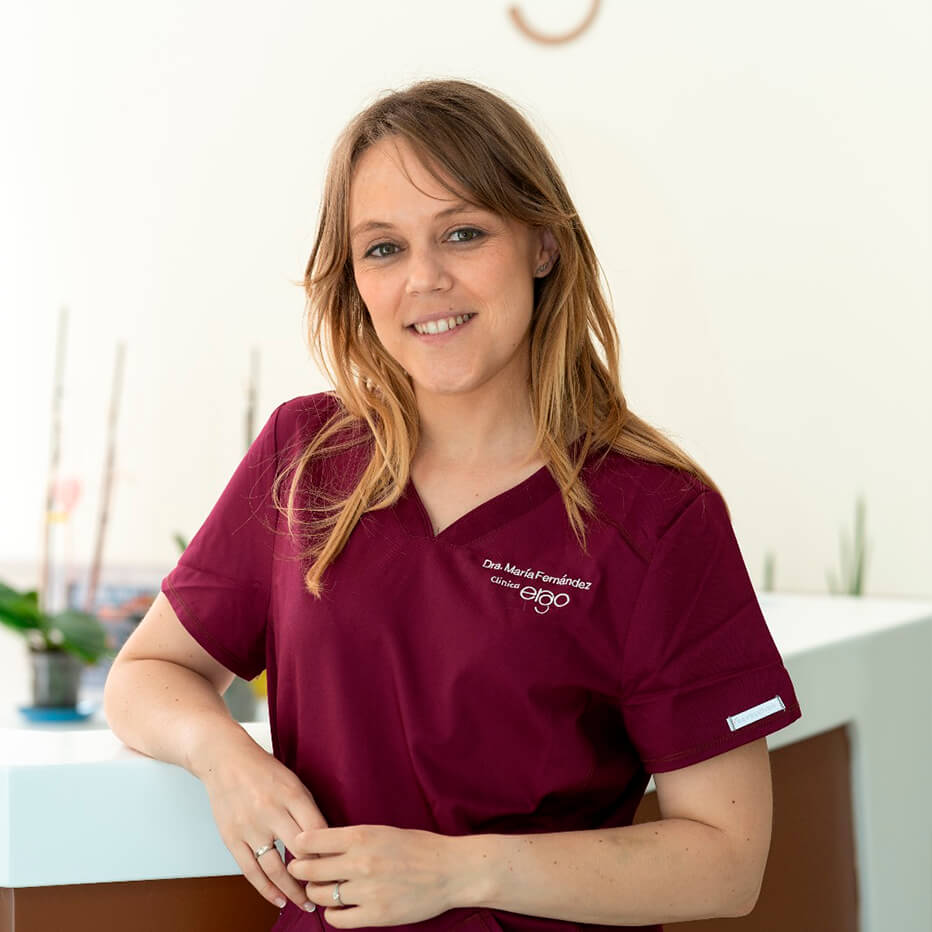PRGF
Plasma Enriched in Growth Factors: new autologous technologyPRGF in Gijón, Asturias
What is plasma enriched in growth factors PRGF?
A woman is considered to suffer from implantation failure when a positive pregnancy test is not achieved after at least 2 good quality embryo transfers (with her own eggs) or one transfer when donor eggs are used.
Plasma enriched in growth factors: new autologous technology
At the ERGO Clinic we are always at the forefront of new technologies, and that is why we incorporate
treatment with Plasma Enriched in Growth Factors. We tell you what it consists of and what applications it has.
.
Enriched patient plasma
Learn about the benefits of PRGF
A whole team at your service
What is plasma enriched in growth factors PRGF?
Platelet-enriched plasma is a technique that has been widely described in other medical specialties such as traumatology, ophthalmology, etc. Now this technique is evolving to serve assisted reproduction.
This new technology is based on the use of the patient’s plasma enriched in growth factors. It is autologous plasma, that is, the patient’s own plasma, and through its preparation the growth factors are concentrated and then used in the woman’s endometrium.
The advantages of PRGF
A simple and easy technique for all patients.
- Safety: it reaches the clinical care clinic after many studies that demonstrate its benefits.
- Versatility: the applications are many, and we describe them below.
- Simplicity: only one blood collection is required and the amount obtained can be used for several doses, even for a whole year.
- Painless: once the blood is obtained, the plasma is prepared and then introduced into the endometrium (on the indicated days) with a cannula as in artificial inseminations. It does not hurt or bother, is performed in the office and lasts only a few minutes.
- Biocompatibility: there are no allergic reactions, rejection or side effects, since it is the patient’s own plasma. The patient’s own plasma.
PRGF applications in assisted reproduction
- Endometriums that do not grow. The thickness of the endometrium for embryo implantation is critical. It does not always depend on the medication, so it is applicable for those cases in which the thickness does not reach adequate values.
- Implantation failure. When at least one failed transfer has occurred, implantation rates improve after this technique.
- Repeated miscarriages. Data are supporting the application of PRGF to improve endometrial vascularization, which could be a cause of early miscarriages.
How is the PRGF technique performed?
The first step is to make an appointment to draw blood (a normal blood draw); that same day the sample is treated, the plasma is enriched in growth factors by processing and centrifugation. This sample can be stored frozen for later use.
During the week prior to the embryo transfer, 3 inoculations will be performed 2-3 days apart. A transfer cannula is used as those used in embryo transfer through the cervix and does not require sedation or any type of anesthesia.
It is a completely painless process that is performed almost routinely, with highly successful results.
At the ERGO Clinic we always put the latest technology at the service of our patients. Ask us about your case and we will guide you on what you need to achieve your dream.
Need more information?
We are a team of more than 15 professionals specialized in assisted reproduction and women’s health. Do you have any doubts? We invite you to meet us, your first visit is totally FREE.

